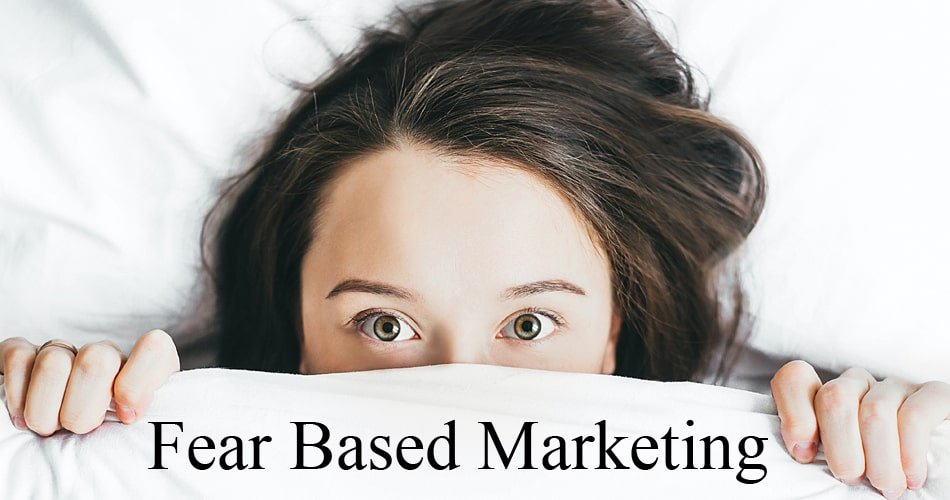Fear-Based Marketing

Fear is a powerful emotion. It can make us run from danger, avoid risks, and even open our wallets. As a marketer, understanding how to tap into people’s fears can be a game-changer. But is it ethical? And more importantly, does it actually work?
In this post, we’ll dive into the world of fear-based marketing. You’ll learn how brands use our deepest anxieties to drive sales, the psychological tricks they employ, and real-world examples that will make you think twice before using scare tactics in your own campaigns. By the end, you’ll have a better understanding of this controversial marketing strategy and whether it’s worth the risk. So, let’s face our fears together, shall we?
The Mechanics of Fear-Based Marketing
Fear-based marketing has its advantages and disadvantages. When it targets consumers’ health awareness, these campaigns can be very successful. In many cases, market share and revenues soar dramatically, signaling success for the manufacturer.
However, fear-based marketing can also be considered unethical. It creates confusion and exploits consumer anxiety for profit. During COVID-19, fake news about food shortages, face masks, and toilet paper spread rapidly, causing a sudden and unhealthy increase in demand. Low-quality products were sold at high prices, preying on the fear of shortages and the virus itself.
When used ethically, fear-based marketing can produce positive results beyond sales. It can inspire people to improve their lives and make better choices.
The Rise of FOMO Marketing
Fear of missing out (FOMO) is the feeling that others are having more fun or experiencing better things than we are. This feeling is often exacerbated by social media. FOMO marketing leverages this desire, encouraging impulse purchases to avoid future regret.
Because people are naturally risk-averse, FOMO marketing works. Numerous studies have shown that FOMO affects people of all ages and is associated with greater use of social media and smartphones. It impacts mood and self-esteem, pushing consumers to act on their fears of missing out.
Fear-Based Consumerism and Stress
Fear-based consumerism is not limited to marketing. It affects how we use products to cope with stress. For instance, people use performance boosters like coffee to stay active. However, excessive consumption of stimulants like caffeine can lead to long-term health problems and disrupt sleep patterns.
Stress, an evolved response to danger, can trigger unhealthy coping mechanisms. Comfort foods, for example, provide temporary relief but can lead to long-term health issues. A 2007 University of California study found that stress and comfort eating are closely linked, with high-calorie foods triggering feel-good brain responses similar to drugs.
Coping with Stress in a Fear-Driven World
To manage stress, it’s essential to shift our perspective and see challenges as opportunities rather than threats. This mindset allows us to use higher brain functions and avoid triggering basic survival instincts. Humor and positive engagement can turn stressful situations into manageable ones, reducing overall stress.
Recognizing the role of stress and fear in our lives can help us develop healthier coping strategies. While stress is inevitable, understanding its impact can empower us to make better choices and resist manipulation by fear-based marketing.
Conclusion
Fear-based marketing and consumerism can be effective but come with ethical and health considerations. Understanding how these strategies work allows us to make smart decisions and avoid being manipulated by fear. By shifting our perspective on stress and recognizing the influence of fear, we can lead healthier, more balanced lives.
Let’s face our fears together and navigate the complex world of fear-based marketing with awareness and integrity.